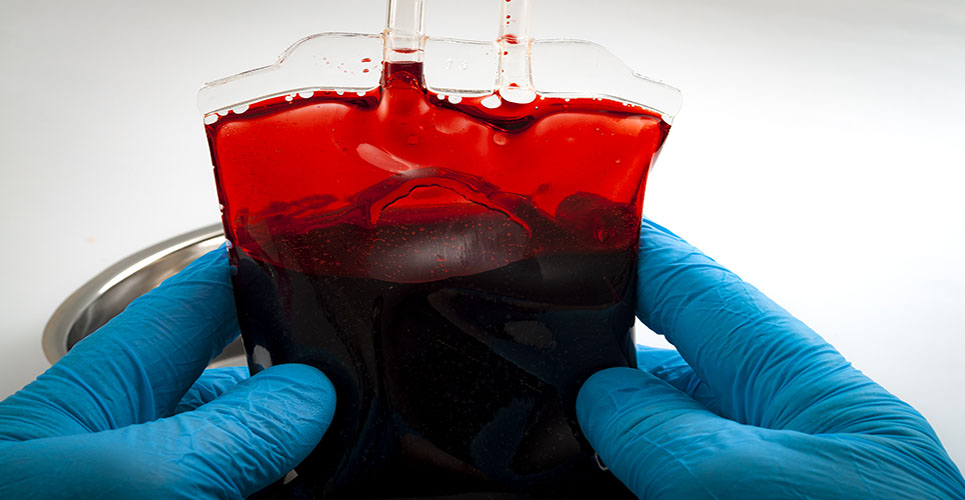teaser
Findings from a phase II study of the novel oral anticoagulant Xarelto (rivaroxaban) have been presented as a late-breaking clinical trial at the American Heart Association’s Scientific Sessions 2008 in New Orleans.
Results from this phase II study support moving rivaroxaban into a pivotal phase III trial for the secondary prevention of acute coronary syndrome (ACS) later this year.
As a phase II dose-finding study, the trial (ATLAS ACS TIMI 46) was designed to test the safety and efficacy of rivaroxaban at escalating total daily doses, ranging from 5mg up to 20mg.
“This was a robust study that achieved its main objective of establishing the preferred dosing scenario for further evaluating rivaroxaban in a large phase III clinical trial of ACS patients,” said Dr Gibson, director of the TIMI Data Coordinating Centre, USA.
“The additional benefit of rivaroxaban over placebo in this study, given on a background of standard antiplatelet therapy, highlights the unmet medical need of this patient population.”
The drug was administered at once-daily and twice-daily intervals, assessing eight different dosing regimens in total, with nearly 3,500 patients being enrolled.
The primary efficacy endpoint was death, myocardiaI infarction (MI), stroke, or severe recurrent ischemia requiring revascularization.
Safety was evaluated by measuring clinically significant bleeding, defined as a composite of TIMI major bleeding, TIMI minor bleeding and any reported bleeding event requiring medical attention.
As expected, rivaroxaban-treated patients exhibited higher rates of bleeding vs placebo when administered on a background of antiplatelet therapy, and there was a significant dose trend.

